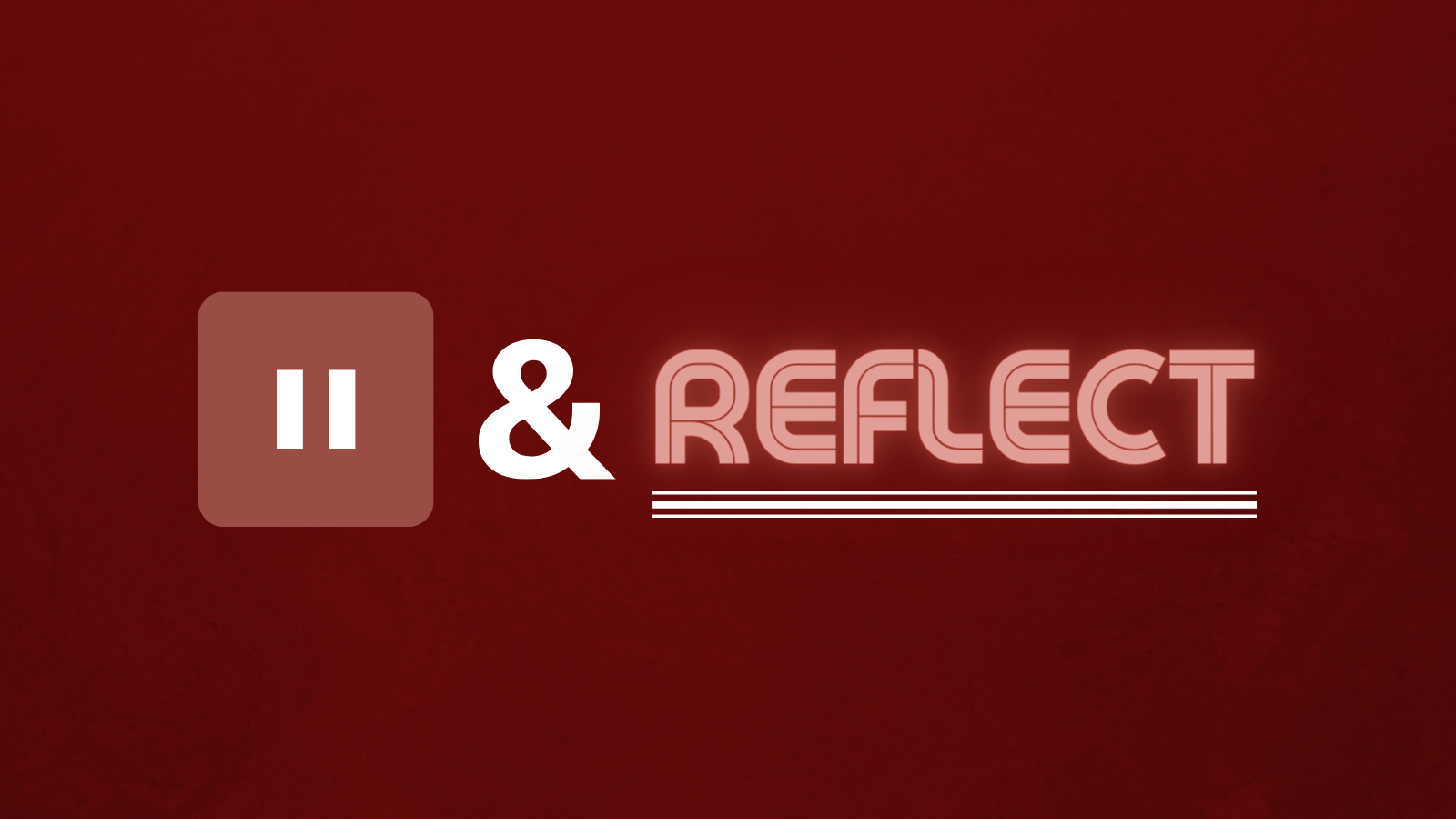Listen to the January 2021 Reflections by Dr. Nkechi Olalere, Executive Director at Strategic Purchasing Africa Resource Center (SPARC).
Hello and welcome to another episode of SPARC Reflections…a monthly round-up of our thoughts and learning points from our engagements
Happy New Year! Our year at SPARC started busy and I am going to share some reflections from two activities that we already have in the bag
Our very first activity for the year was the HSR session on strengthening capacity for strategic health purchasing in Africa, which we partnered with WHO and Thinkwell to deliver. SPARC’s sub-session focused on the functional capacities needed to drive progress in strategic purchasing and the mapping exercise undertaken in 10 sub-Saharan African countries through the SPARC technical partner consortium. Two members of this consortium from Nigeria and Uganda shared their thoughts on key areas of progress, with a focus on benefits specification, contracting, provider autonomy, and linking payment to quality. Their presentations aligned with the key messages that had been distilled following the in-person convening of the technical consortium in January of 2020 and include:
- Contracting can create a culture of accountability
- It is possible to increase provider autonomy while maintaining accountability – our panellist from Uganda referred to this as guided autonomy
- Technical and political stakeholders both need to be involved in strategic purchasing reforms
- Communities should be placed at the center of all our strategic purchasing interventions
We have explored these messages further in a SPARCchat series. If you missed any of the discussions, click here to catch up
What was our major lesson learnt from this activity? The fact that the mapping tool played a key role in sparking a discussion between technical experts and their policy makers. Discussions with countries had earlier flagged the point that although different countries took different pathways in involving technical and political stakeholders in strategic purchasing reforms, all the countries observed that real progress was only made when these two viewpoints were heard and made part of the solutions. This mapping tool is now one of our key tools for country engagement, providing a system wide view of the status of SHP and drivers of progress, while showing up areas that require additional work.
In your work supporting countries in different health system reforms, have you ever had the need for a conversation-starter between policy makers and technical experts? Let us know your experience!
On the very last day of January, we held the first Force Community webinar for the year and used the event to kickstart a new series planned to unpack the different steps of the country engagement process and how the coaching approach can be used to support every step of the process. This first webinar focused on ‘understanding the problem’ and how a coach can use technical skills to support countries to unpack their health system challenges but also use soft skills to understand the political economy that needs to be traversed, and to align stakeholders behind a common understanding of the problem, as the first step towards a unified vision and solution. Experiences were shared by a coach/mentor who has used the approach but also by a recipient of the approach. Their shared insights leave us with a couple of reflection points on the attributes of a coach and the coaching process:
- That countries in sub-Saharan Africa already have expertise. A coach is not coming in as the ‘all-knowing expert’ but works side by side with country experts/partners, serving as a sounding board, offering advice, and contextual support as and when needed
- That the coach must be technically sound, but also understand the local context of the country s/he has gone to support
- That the coach must not be prescriptive, should not come with ready-made answers and models;
- That the coach should not create parallel processes or structures
The coach ideally, keys into the country process, works side by side with country partners to get the work done and leaves behind lasting capacity. Recording from the webinar can be found here and key messages here
How does this coaching approach resonate with you and your work in your country? Is this a useful approach? Will this help the gradual but consistent decolonization of global health? What other things are you learning in your different countries as you support health systems strengthening?
Drop a note and let us know.
See you again in February!

